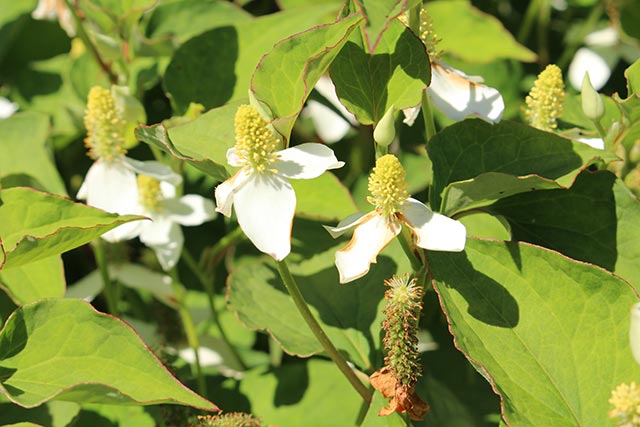Use these 7 essential oils to improve sleep quality
03/05/2019 / By Michelle Simmons

Aromatherapy has long been used for sleep problems, thanks to its ability to help a person feel calmed and relaxed, which promotes sleep. Here are seven essential oils you can use to have a good night’s sleep:
- Citrus: Citrus essential oils, such as bergamot and lemon, are a group of scents that can stimulate or promote sleep, depending on how your body reacts and the type of citrus oil used. Essential oil from bergamot, a type of orange, has been reported to relieve anxiety and enhance sleep quality, while lemon oil has been shown to relieve depression and anxiety. Although many people may find citrus fresh and relaxing, some find them stimulating. If you find them to be the latter, it’s best to avoid using them before going to bed.
- Lavender: Lavender is one of the most popular essential oils for sleep and relaxation, as well as anxiety. Its soothing scent has been extensively studied and reported to have anxiolytic, that is, anxiety-reducing, and antidepressant properties. Other studies also reported that aromatherapy using lavender oil can help relieve pain. Research has also shown that it has sedative effects that help you sleep better and increase daytime alertness.
- Vanilla: Vanilla essential oil has a sweet scent that is appealing to many people. It has long been used by people for relaxation and stress relief. In addition, it can have sedative effects on the body, reduce hyperactivity and restlessness, calm the nervous system, and even lower blood pressure. It is also beneficial to people who suffer from anxiety or depression as it provides relaxation and improves mood.
- Jasmine: Jasmine essential oil has a sweet, floral aroma that seems to have a strong sleep-inducing effect. Researchers report that it enhances sleep quality, reduces restlessness during sleep, and increases daytime alertness. In addition, it has been reported to relieve anxiety.
- Sandalwood: Sandalwood, which has a rich, woody, earthy aroma, has been used for a long time for promoting relaxation and relieving anxiety. In addition, sandalwood essential oil has been reported to have sedative effects, which reduce wakefulness and increase the amounts of non-rapid eye movement (NREM) sleep or dreamless sleep. However, it is important to note that it promotes wakeful, attentive relaxation in some people. If you are one of these people, do not use it before bed. Still, you can consider using it during the day to keep you alert and relaxed.
- Rose: Rose essential oil is obtained from the Rosa damascena plant. In addition to promoting sleep, this essential oil is commonly used as an aromatherapy remedy for anxiety, depression, headaches, menopausal symptoms, menstrual cramps, and migraines. It is also believed to reduce stress, enhance blood flow, sharpen memory, and improve mood.
- Geranium: Geranium essential oil, which is obtained from the leaves and flowers of the Pelargonium graveolens plant, is typically used to address insomnia and other problems, including acne, anxiety, depression, and sore throat. It is also used to enhance mood, relieve pain, treat wounds, and reduce inflammation.
How to use essential oils for sleep
You can use essential oils for sleep in different ways, which include:
- Using them with an air diffuser (Related: Safely Diluting Essential Oils – Children, Pregnancy & Elderly.)
- Applying a few drops on a particular part of your body and massaging that area
- Rubbing a few drops into your hands and inhaling it
- Adding the oil, combined with Epsom salt or baking soda, to a hot bath
- Combining the essential oil with water in a spray bottle and spraying it into the air or on your bed linens
Learn more about how essential oils help you sleep by visiting EssentialOils.news.
Sources include:
Tagged Under: aromatherapy, citrus, essential oils, geranium, Homeopathy, jasmine, Lavender, natural cures, natural health, natural medicine, remedies, rose, Sandalwood, sleep, sleep quality, therapies, Vanilla


















